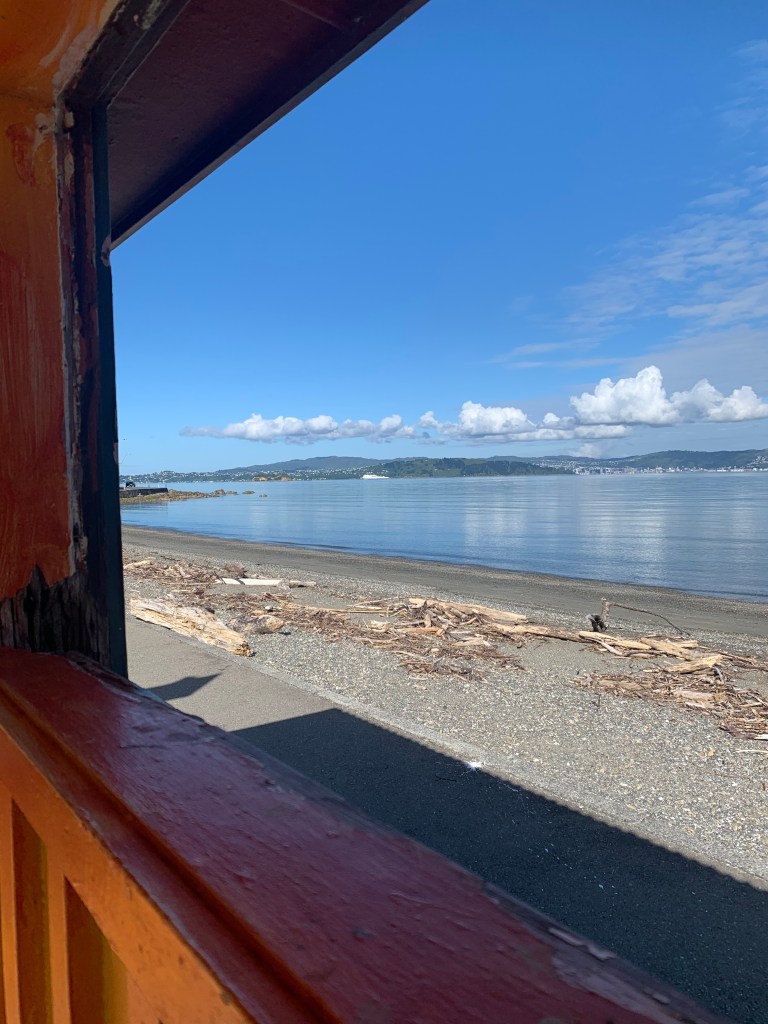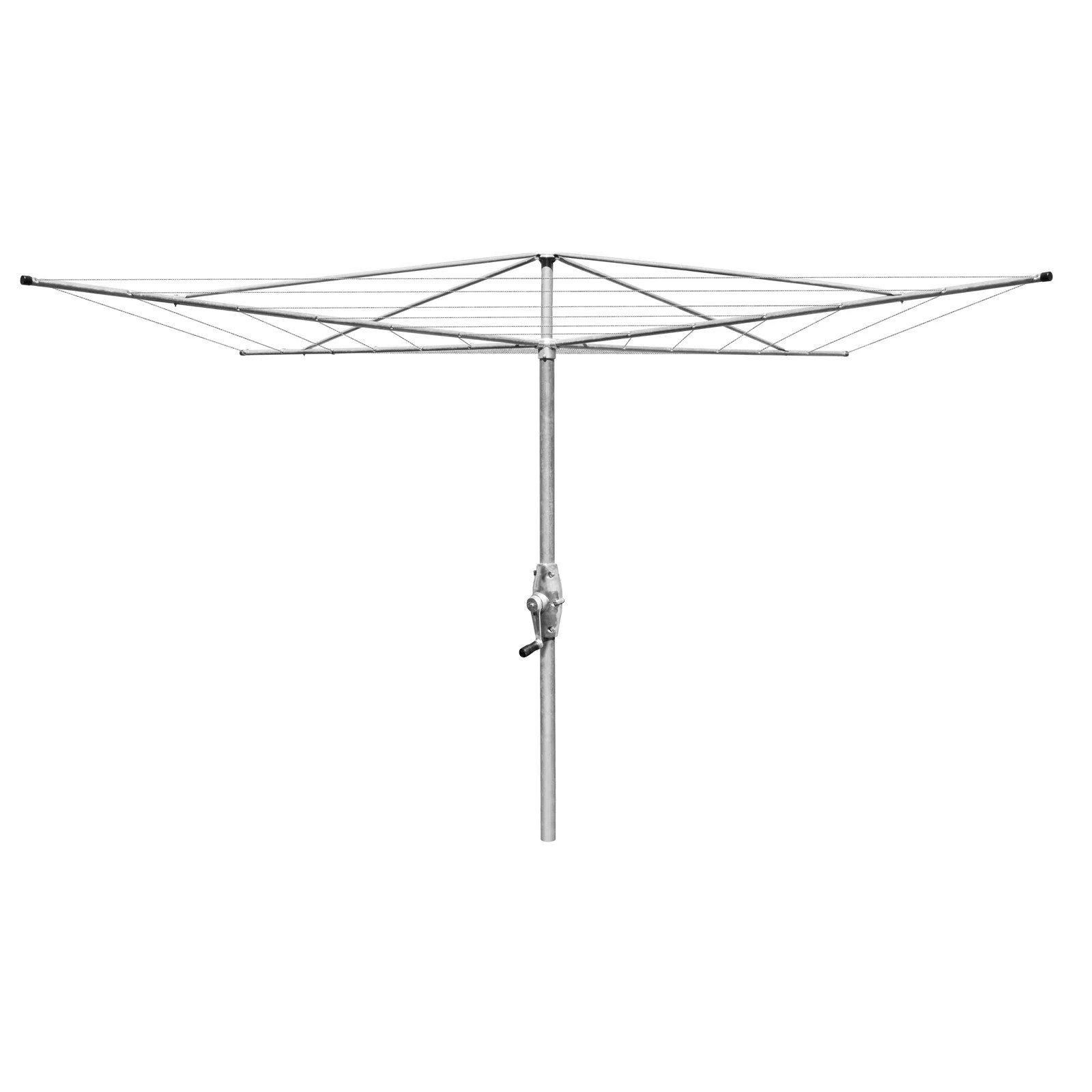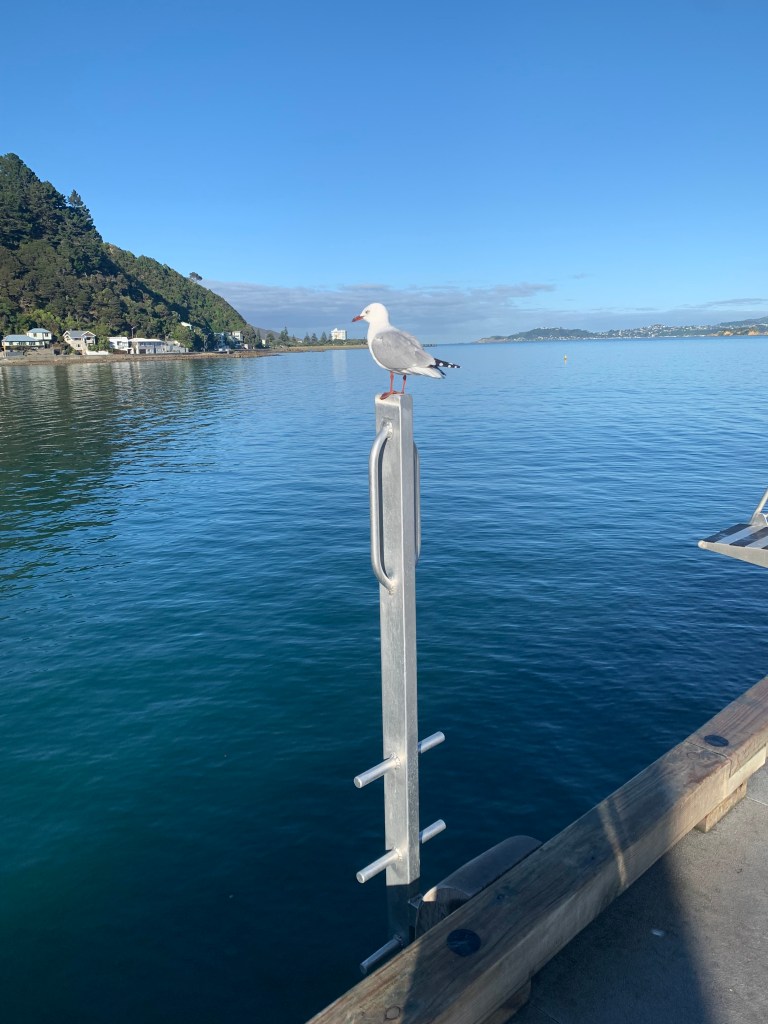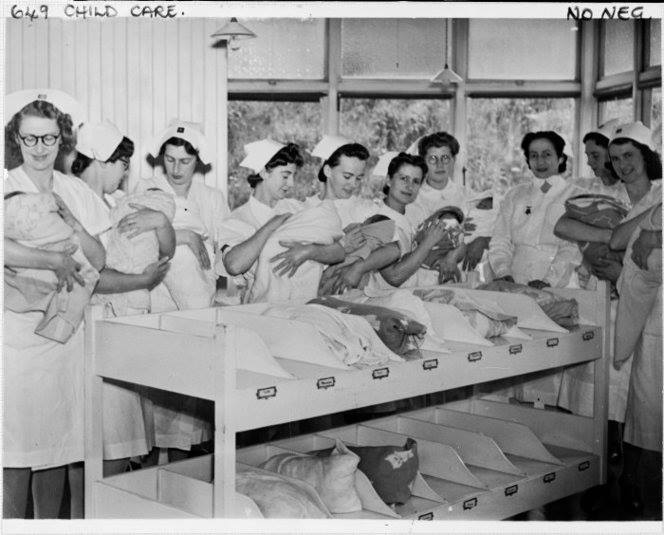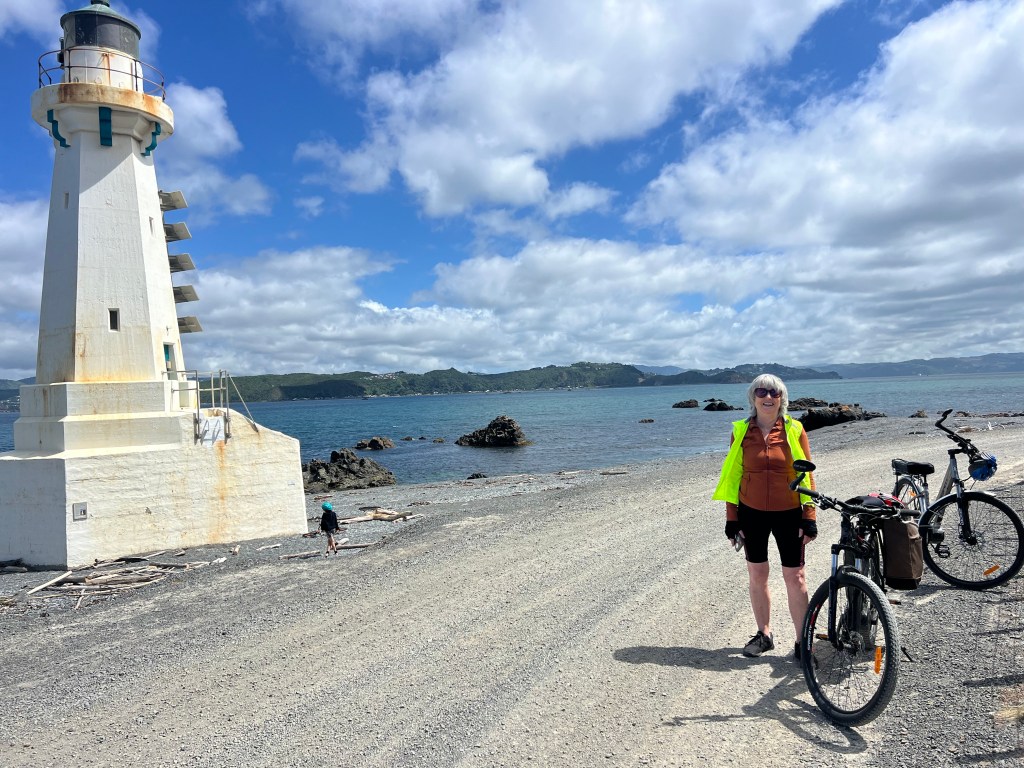(Small but certain happiness)
Between the Feijoa and the Plum is a fledgling Kowhai
and two Rotary clotheslines like totems from the fifties
from one of which hangs her blue school woven knit shirt
firmly pegged, the water pooling at neck and shoulders
sparrows hunt worms in the dark mud patches beneath
the recently culled feijoas on the fenceline, unshaded
Riwaka hops hang fruitful against a stark concrete wall
while a once laden lemon tree tangles with a Bird of Paradise
plant that was almost smothered by a fig tree they dug out
In the asbestos riddled shed, he brews designer beers
has two fridges found on the Community Facebook page
as well as a honkytonk piano a neighbour delivered
she’s learned to mow the dandelion heads in summer
and there’s a bird nest in the garage Perspex overhang
where on their first Kiwi Christmas fairy lights were strung
after midnight, after a few ales, solar powered, hoping
to light up the surprise sandpit, buckets and hammock
they’ve planted swan plants and watched their first
ever chrysalis turn green, go black, seen a Monarch
emerge and flutter from plant to hair to air in wonder
a sunflower bends to drop its progeny, past splendour
the Christmas bikes are abandoned on the path
small planes fly low overhead like shark spotters
from the sixties when summers were endless
the BBQ is covered, tethered on a windless evening
while the rice cooker talks to itself on the bench
near the upright stove in the kitchen full of cupboards
recyclables climb up a wall close to the back door
which has a lockable fly screen and two keys leading
to a small porch with sloping paths either side
around the house they lead either way back and forth
past the garden hose, the perilla plants spreading
weeds, abandoned crocs, drink bottles, a fly swat,
several dinosaurs, multi-coloured faded chalks
grass clippings, honeybees hovering, bare feet
a quintessential Kiwi backyard including a spa
